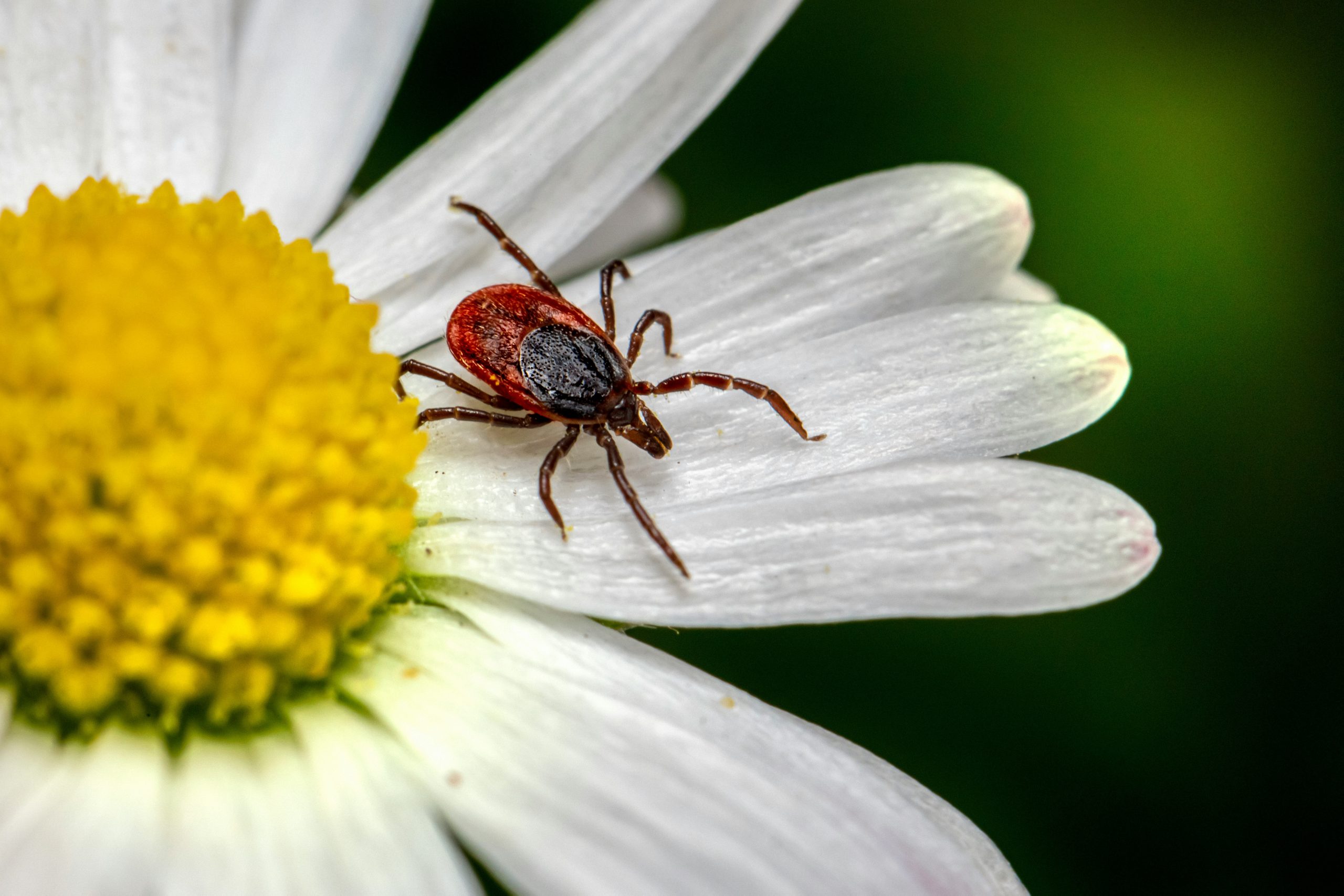Switzerland has recently seen a concerning rise in cases of tick-borne encephalitis (TBE), a serious viral infection that can affect the brain and central nervous system. This year alone, the country has reported 27 cases, prompting health officials to issue warnings especially directed at tourists and expatriates visiting or residing in Switzerland, according to Birmingham Mail.
Tick Activity Season
Ticks, the carriers of the TBE virus, are most active between March and November. During these months, the warmer weather not only boosts tick activity but also encourages outdoor activities among people, increasing the likelihood of tick bites. The natural habitats of these ticks include forested areas and grasslands, where they are commonly found in the underbrush or tall grasses, waiting to latch onto passersby.
Health Advice For Prevention
Given the rise in TBE cases, health authorities, including the UK’s National Health Service (NHS), strongly advise taking preventive measures to minimize the risk of tick bites. Here are some recommended strategies:
- Regular Checks and Clothing – Before and after visiting tick-prone areas, check your clothes and skin for ticks. Wearing light-colored clothing makes it easier to spot ticks.
- Path Selection – Stick to well-defined paths to avoid brushing against vegetation where ticks may be present.
- Use of Repellents – Apply insect repellents that contain DEET to exposed skin. Additionally, wearing clothes treated with insect repellent can offer extra protection.
- Appropriate Dress – To reduce skin exposure, wear long trousers and long-sleeved tops, which make it harder for ticks to bite.
Symptoms To Watch For
If bitten by a tick, some individuals may experience flu-like symptoms approximately a week after the bite. These symptoms include high fever, tiredness, headaches, body aches, and nausea. Immediate medical consultation is advised if any of these symptoms develop after a suspected tick bite.
As Switzerland grapples with an increase in tick-borne encephalitis cases, both tourists and expats must be vigilant. By adhering to preventive measures and staying informed about the risks, visitors can enjoy Switzerland’s natural beauty safely, without undue worry about TBE.



